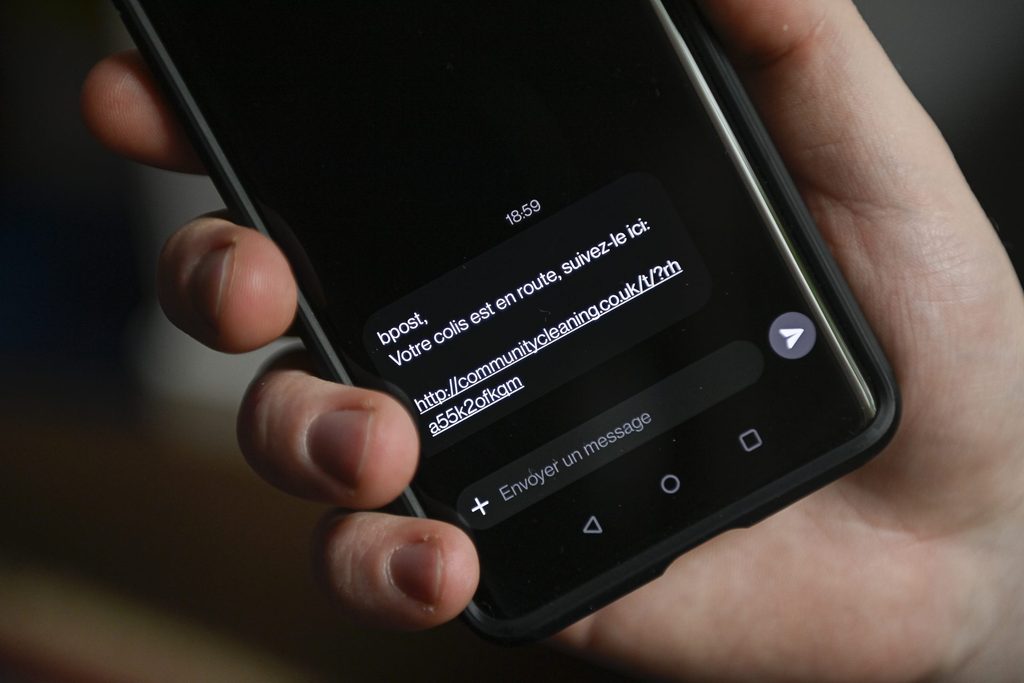Phishing attacks – a type of online fraud whereby scammers attempt to trick internet users into revealing sensitive personal information – cost Belgians almost €40 million last year, a recent analysis has found.
The study, which was published on Tuesday by Febelfin, the Belgian financial sector federation, estimated that Belgians lost a total of €39.8 million in phishing attacks in 2022 – a 60% increase compared to the previous year, when phishing fraud cost Belgians €25 million.
The steep increase contrasts starkly with the results of another recent study by Belgium's Federal Public Service (FPS) Economy, which found that the number of reported phishing attacks increased by only 7% last year.
Taken together, the studies suggest either that phishing attacks are becoming increasingly lucrative or that they are significantly underreported in Belgium – or, perhaps, some combination of both.
Using the energy crisis
The Febelfin study also noted that people of all ages, genders, and classes are vulnerable to phishing fraud. "Regardless of age, level of education, language... everyone is in the crosshairs of cybercriminals, including, unfortunately, young people," the report stated.
Moreover, the study reported that "criminals have cleverly taken advantage of the energy crisis to claim even more victims" – a finding corroborated by the FPS Economy study.
"The scammers are clearly surfing the news to develop their modus operandi," FPS Economy spokesperson Etienne Mignolet said on Monday. "So, for example, in 2022, there were many reports of fake online stores that offered firewood and wood pellets. They were thus trying to take advantage of the sharp rise in energy prices, which was pushing consumers to turn to other sources of energy."

